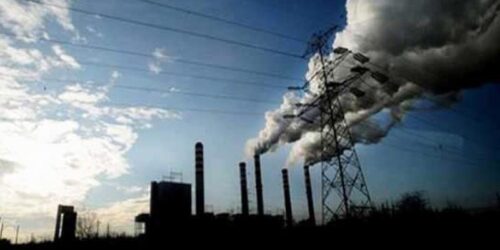The National Electric Power Regulatory Authority (Nepra) has provisionally allowed Kot Addu Power Company (Kapco) to keep producing and supplying electricity to the national grid until the regulator arrives at a final decision whether to renew the company’s power generation licence.
In a regulatory filing with the national bourse on Friday, Kapco said its licence renewal application is being “duly progressed with Nepra”.
The power purchase agreement (PPA) of Kapco, which runs a multi-fuel–powered plant of 1,600 megawatts, is about to expire after 25 years. Therefore, the company faces “material uncertainty” that casts a “significant doubt” on its ability to continue as a going concern.
“The management is optimistic about the potential of the plant to be operational at varying levels of generation vis-a-vis the anticipated technical and commercial regime beyond the extended term,” the company had said in its notes attached to the most recent financial statements.
Earlier this year, the company signed an amendment to its PPA, according to which, plant outages due to fuel shortages between 2008 and 2016 will be treated as “other force majeure event”. Consequently, the term of the existing PPA will be extended by 16 months. It agreed to waive off any right to receive capacity payments in lieu of those capacity payments already received during the outage period.
However, the company will continue to receive energy payments and other pass-through items during the extended period.
The net profit of Kapco dropped 57 per cent to Rs10.2 billion in 2020-21. The year-on-year decline was attributable to the adjustment for capacity payments to the tune of Rs19.3bn, according to Arif Habib Ltd analyst Rao Aamir Ali.
Kapco received in June the first of two installments of receivables as part of the government’s plan for the resolution of the circular debt. It received Rs39.6bn from the country’s sole power purchaser in the form of one-third cash, one-third government ijara sukuk and one-third Pakistan Investment Bond. “This development enhanced the liquidity of the company and it announced a cash dividend of Rs3.50 per share… and the full-year payout reached Rs10 per share,” said Mr Ali.





